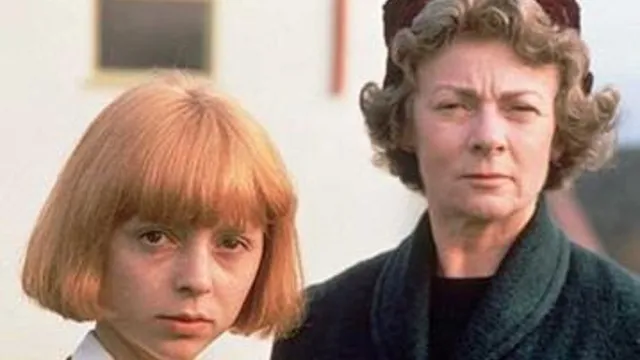
Jeanette Winterson praises BBC for adapting her groundbreaking novel during Thatcher's era
2025-06-02 19:40- Jeanette Winterson's novel, inspired by her life, depicts a lesbian's coming-of-age in a Pentecostal community.
- The BBC faced criticism for its commissioning of an adaptation during the era of Section 28 under Margaret Thatcher.
- Winterson highlighted that this adaptation was a significant act of defiance against government censorship.
Express your sentiment!
Insights
In 1985, the groundbreaking novel 'Oranges Are Not the Only Fruit' by Jeanette Winterson, which draws on her own experiences, was published. Set in an English Pentecostal community, the novel explores the coming-of-age story of a lesbian protagonist. At a time when Section 28 of the Local Government Act was introduced by then-Prime Minister Margaret Thatcher, that restricted positive portrayals of homosexuality, the BBC commissioned a three-part drama adaptation of Winterson's novel. This move by the BBC was seen as courageous, as it directly challenged the government's stance on funding projects that promoted what Thatcher termed 'pretended family life'. The adaptation garnered critical acclaim, winning a BAFTA Award for Best Drama and featuring standout performances, particularly from Charlotte Coleman and Geraldine McEwan. Winterson's reflections on this period reveal the significant tension between creative expression and government censorship, emphasizing the need for alternative narratives to be recognized in society. The courage demonstrated by the BBC in commissioning the adaptation arguably contributed to a broader dialogue surrounding LGBTQ+ representation in the media at the time.
Contexts
The history of LGBTQ rights in the UK during the Thatcher era is a complex and significant chapter in the evolution of social policies and attitudes towards the LGBTQ community. Margaret Thatcher served as Prime Minister from 1979 to 1990 and her government is often remembered for its conservative stance on social issues, particularly in relation to LGBTQ rights. The era was marked by the rise of the gay rights movement in response to widespread discrimination, social stigma, and adverse policies. One of the most notable events was the introduction of Section 28 of the Local Government Act 1988, which aimed to prohibit the "promotion of homosexuality" by local authorities and schools. This legislation galvanized activists and played a crucial role in the mobilization of the LGBTQ community against government policies that were perceived as oppressive and discriminatory. The implementation of Section 28 sparked significant backlash and ignited protests across the country. Activist groups such as Stonewall, founded in 1989, emerged from this tumultuous political environment, focusing on eradicating discrimination and advocating for LGBTQ rights. The period saw increased visibility for LGBTQ issues, with campaigns and demonstrations becoming more common, as activists sought to challenge both policies and public perceptions. Visibility of LGBTQ people in media and culture also began to grow, but it was often juxtaposed with societal hostility, exemplified by mainstream media portraying LGBTQ individuals negatively and the general public often being influenced by fear and misunderstanding. The impact of the AIDS crisis in the 1980s further influenced the LGBTQ rights movement in the UK. As the crisis disproportionately affected gay men, it galvanized activism with greater urgency. Advocacy for health services and awareness began to intersect with demands for equal rights and legal protections. The crisis prompted the government and society at large to confront issues of public health, compassion, and the responsibilities of the state towards marginalized communities. Although the government's response was initially criticized for being inadequate, the pressure from activists led to public health initiatives and increased visibility of LGBTQ health concerns. By the end of the Thatcher era, significant progress had been made by LGBTQ activists, despite the oppressive environment. While Section 28 remained in place until its repeal in 2003, the activism during this period laid the groundwork for future advancements in LGBTQ rights, including the decriminalization of homosexual acts between consenting adults with the 1967 Sexual Offences Act, the eventual passing of the Civil Partnership Act in 2004, and the same-sex marriage legalization in 2013. The Thatcher era thus represents a formative time for the struggle for LGBTQ rights in the UK, highlighting both the challenges faced and the resilience of a community advocating for equality and justice.